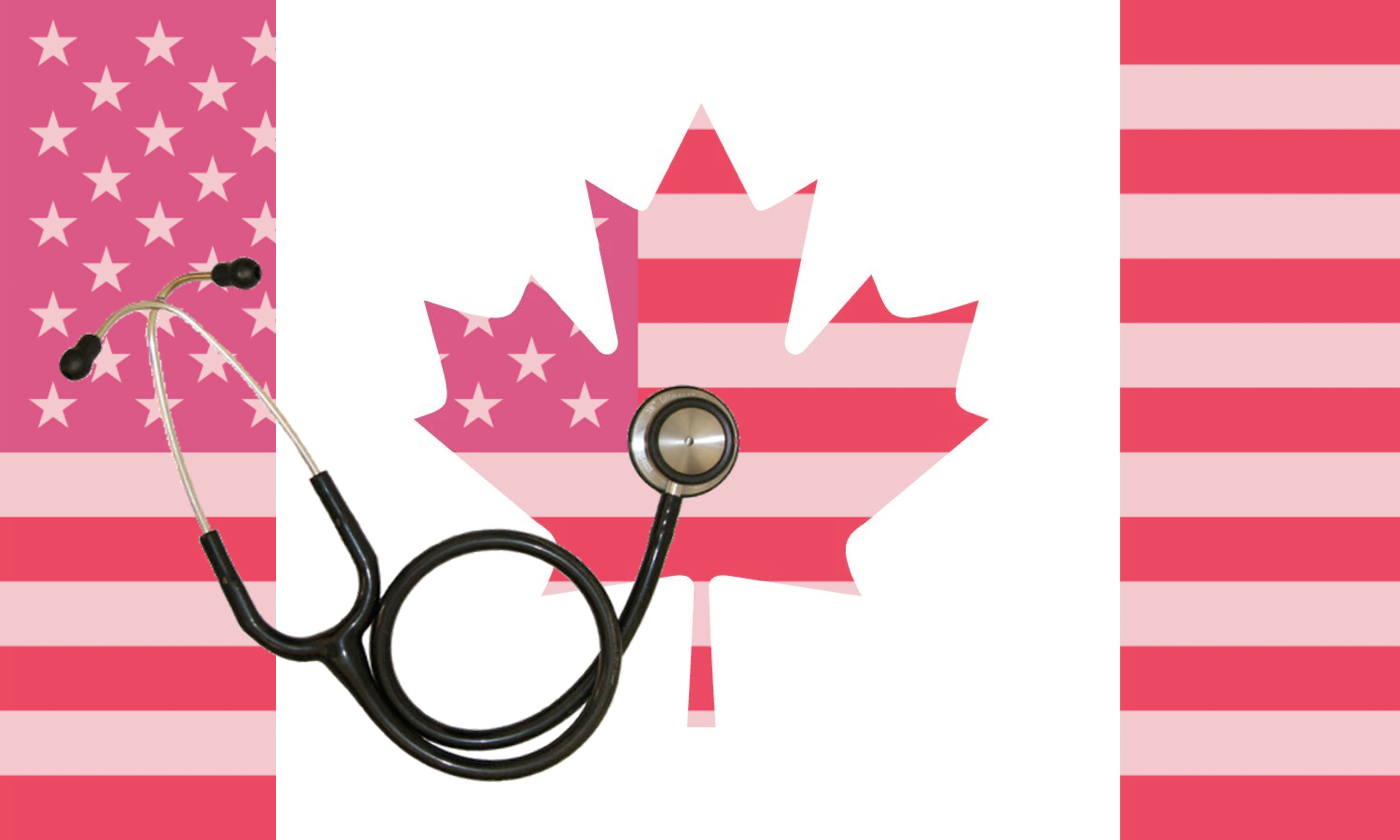Will The Government Keep Its Promises For The Canadian Healthcare System?
In spite of the fact that it was a hotly debated issue right now, is definitely not another conversation in Canadian social insurance. At the point when Medicare was first evolved during the 1940s, the expectation was to incorporate general drug inclusion.

However today, Canada remains the main country on the planet with an all inclusive medicinal services framework that does exclude all inclusive medication inclusion. Rather, we depend on a befuddling interwoven of in excess of 100 open medication plans and 100,000 private protection intends to give deficient and inconsistent access to basic prescriptions. Canadians who don’t meet all requirements for these plans, whose necessities surpass their arrangement’s impediments, or whose conjugal or work status changes, become lost despite a general sense of vigilance of this divided framework.
Unmanageable expenses
Crisis doctors firsthand the effect of excessively expensive drugs on my patients. Every year, roughly 3,000,000 Canadians don’t fill their solutions since they can’t manage the cost of them. One million Canadians every year need to pick among nourishment and warmth for their homes or purchasing their drugs. At the point when an individual with diabetes can’t bear the cost of their insulin, they end up in the crisis office with intense and hazardous confusions of high glucose. Their wellbeing results are more regrettable and their expenses to the framework are higher than if they approached the life-sparing drugs they need.
In excess of 400 working-matured Canadians bite the dust every year because of complexities of diabetes alone, just on the grounds that they don’t have satisfactory access to physician recommended drugs. This is unsatisfactory in a first world country, and Canadians are requesting better.
A national pharmacare program will improve access to basic meds, diminish illness inconveniences, and lessen costs for Canadian family units and organizations. In 2017, the Parliamentary Budget Office assessed that an all inclusive pharmacare plan would spare Canadians $4.2 billion in yearly remedy costs. This doesn’t consider the broad cost-reserve funds we would find in the human services framework from diminished constant infection confusions, decreased medical clinic affirmations and crisis division visits, or the financial advantages of diminished wiped out leave among working Canadians.
In spite of their changing political convictions, most of Canadian voters are joined on the issue of pharmacare. In August, 67.8 percent of respondents to a Mainstreet survey called for national pharmacare, concurring that the government ought to make a framework through which it pays for professionally prescribed medications, paying little mind to the expense to government. In an Angus Reid pre-political race survey, 78 percent of voters bolstered a national pharmacare program. Indeed, even the 57 percent of Canadians who expected to decide in favor of the Conservatives, whose stage incorporated no pharmacare plan, upheld either the Liberal or the NDP plan.
Are the liberals to blame?
The past Liberal government made the Advisory Council on the Implementation of National Pharmacare to investigate the requirement for a national medication inclusion program in Canada. This was the fifth national commission on this theme in the previous 60 years; like all the ones preceding it, it prescribed the dire execution of such a program.
In their 2018 government spending plan, and in their 2019 political race, the Liberals set up a promise to giving reasonable and moderate medication inclusion for all Canadians. In any case, they have not yet offered subtleties on what that program may resemble, how it would be executed, or when it may be accomplished. The opportunity has arrived for Canadians to consider their new government responsible for the approaches we decided in favor of.
As a minority government, the Liberals’ capacity to pass enactment will rely on their capacity to co-ordinate with different gatherings. NDP Leader Jagmeet Singh, whose gathering crusaded on the critical advancement of an all inclusive pharmacare program, hosts promised to cause it his to get together’s first request of business in the new Parliament. We trust that our political agents will have the premonition to stay joined on this issue.
Canadians have been clear about what they need. With its re-appointment, they have allowed the Liberal Party the chance to satisfy its promise to give reasonable and moderate medication inclusion across Canada.
